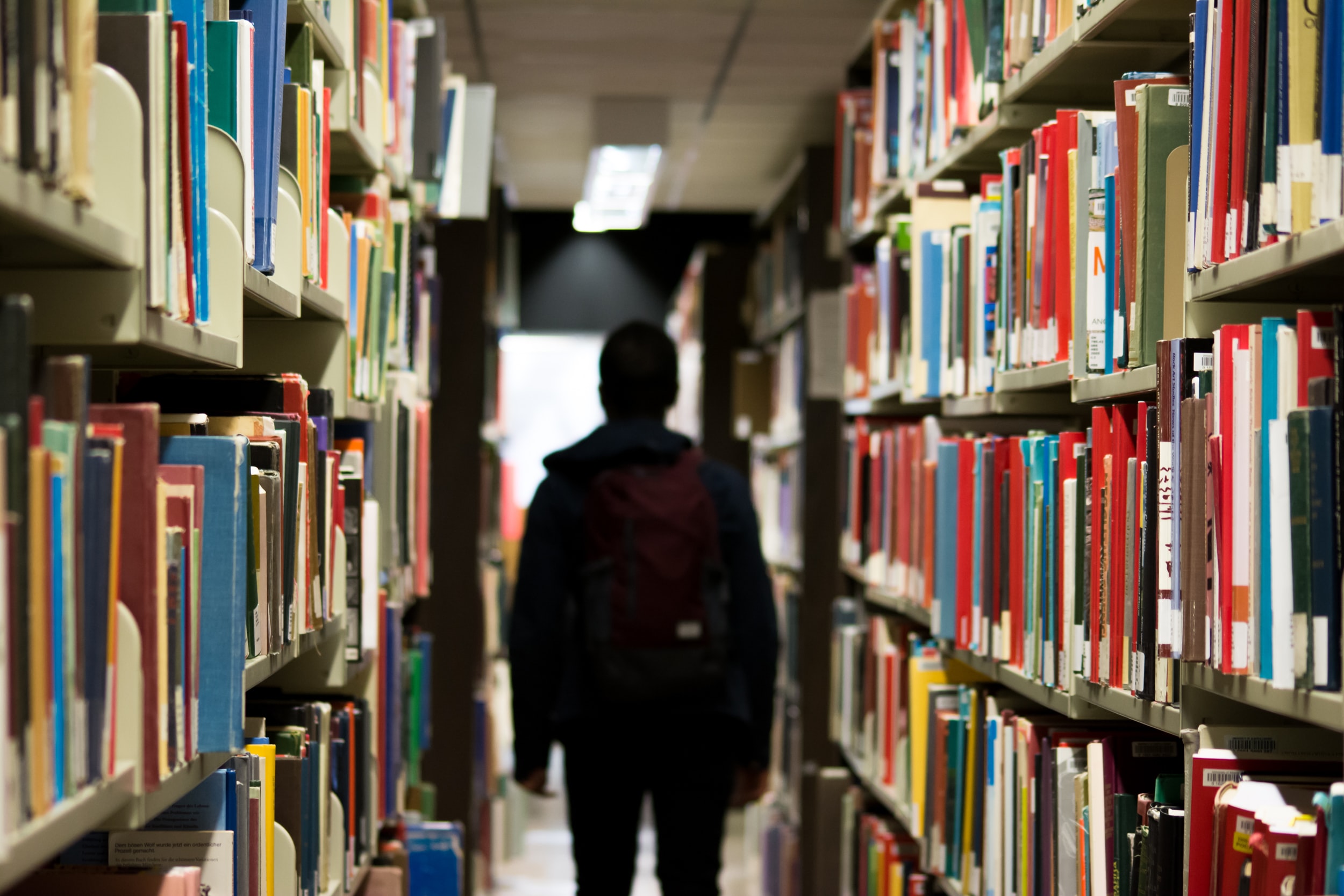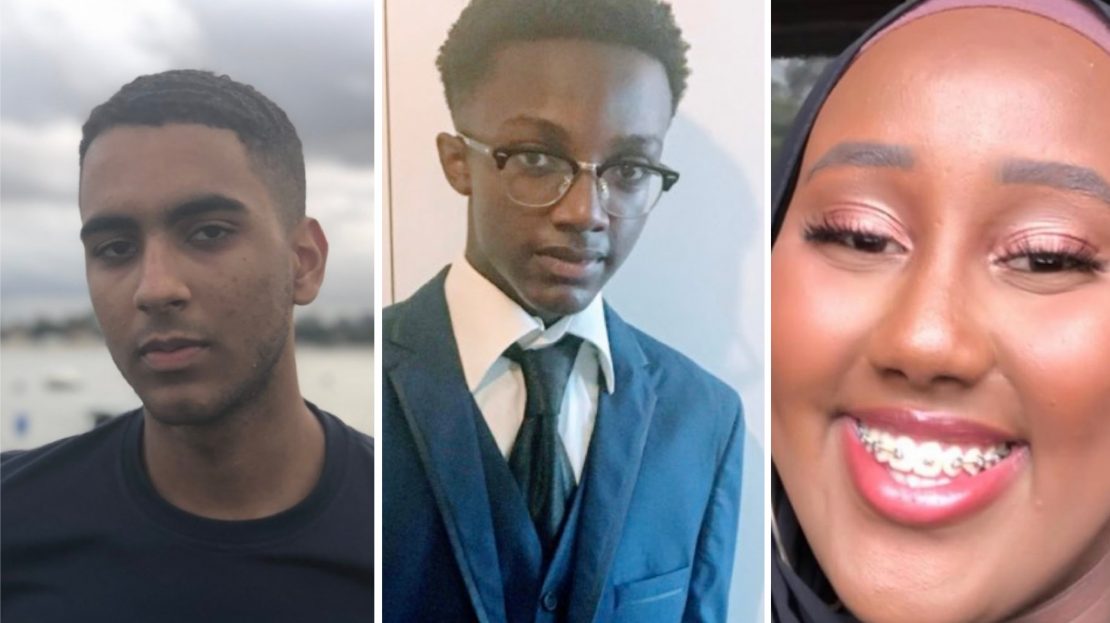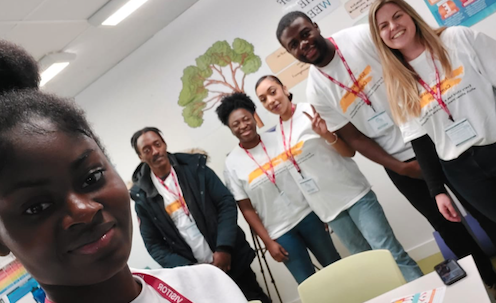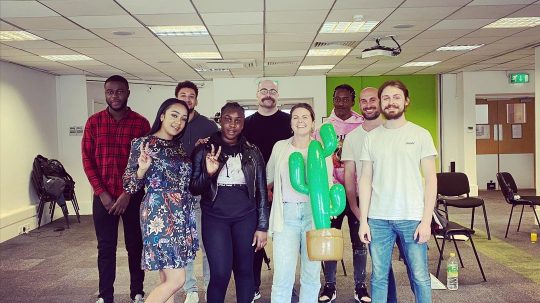Exclusions have been rising in schools across England over the past decade. Official Government statistics show that from 2019 to 2020 more than 5,000 children were permanently excluded from school. That includes more than 700 children under the age of ten.
All children have a right to education under Article 28 of the UN Convention on the Rights of the Child (CRC) regardless of their race, gender or disability. Article 2 of Protocol 1 of the Human Rights Act also stipulates that no person shall be denied a right to an education.
For decades Just for Kids Law, have seen children who have this right taken away from them because they are unfairly excluded from school. Black children unfairly excluded because they were discriminated against by teachers. Children with special education needs or a disability (SEND) unfairly excluded because of a lack of understanding and support from teachers for how this affected their behaviour. Children who are being criminally exploited by gangs unfairly excluded because the effect of the exploitation on their behaviour has not been taken into account.
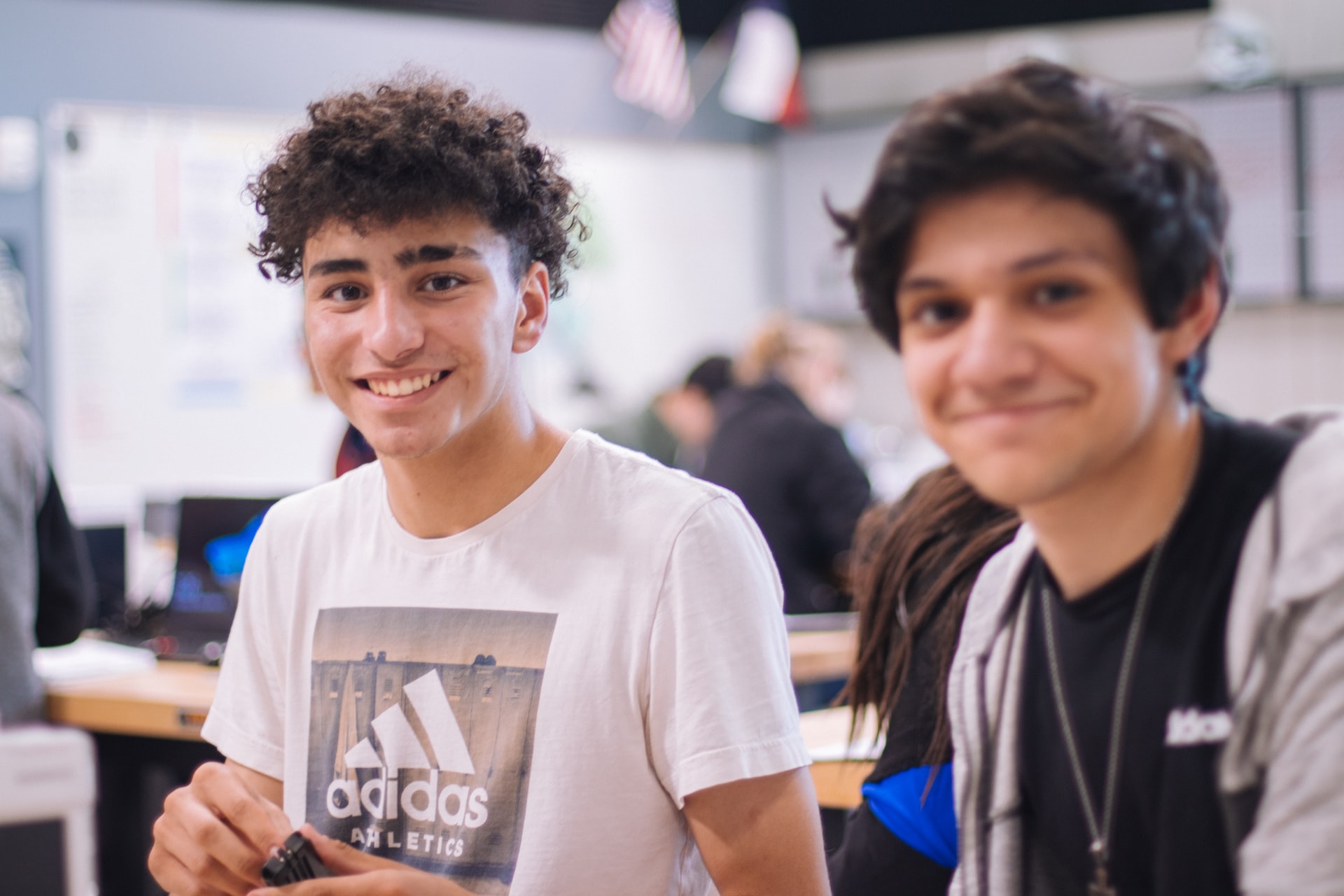
Credit: Jeswin Thomas/Unsplash
Exclusions can be life changing for children as it affects their rights under both the UN Convention on the Rights of the Child (CRC) as well as the Human Rights Act. Exclusions can leave children spending months or years outside of the education system. When this happens we see it damage children’s life chances into adulthood as they often find it difficult to secure a stable career, struggle with their mental health, for many, it can lead to involvement in the criminal justice system.
That’s why we’re fighting for change. At Just for Kids Law, we’re working with young people who have been excluded from school to campaign for reform in the system and raise awareness of the impact exclusion has on children’s lives.
Just for Kids Law’s School Exclusions campaigners have worked with EachOther to produce this film sharing their experiences of the exclusions system and what needs to change.
Exclusions in schools have risen over the past decade
We believe the rise of exclusions in the UK is partly a result of the Government push around stricter or ‘zero tolerance’ policies as schools appear to prioritise punishment over understanding the reasons behind challenging or persistent disruptive behaviour.
Although these numbers have declined slightly over the past two years, partly due to schools being shut to most children, at Just for Kids Law, we are seeing a fresh rise in exclusions as the impact of poor mental health and trauma from the Covid-19 pandemic is being increasingly reflected in children’s behaviour.
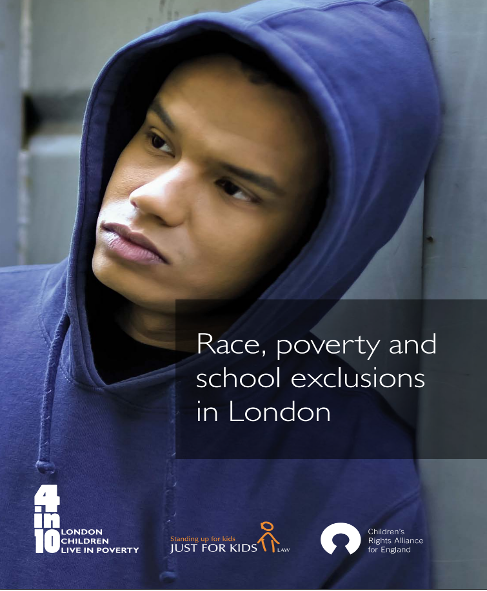
Credit: Just For Kids Law
Which children are more likely to have their right to education breached?
Wider statistics back up our experience that school exclusions do not affect all children equally. Racism and poverty both affect children’s experiences at school as we’ve highlighted in our own research. Black Caribbean children are more than twice as likely to be excluded than their peers according to official statistics.
We see the impact of race discrimination every day in our work with parents and children, which is often driven by stereotypes and assumptions about Black pupils and their behaviour or because of behaviour policies that discriminate against Black hairstyles. There is also a lack of diversity in senior leadership in schools.
I got excluded for swearing at a teacher. A white girl swore at the teacher like I did, she got sent out. I got sent to the headteacher and got excluded for it. -Anonymous.
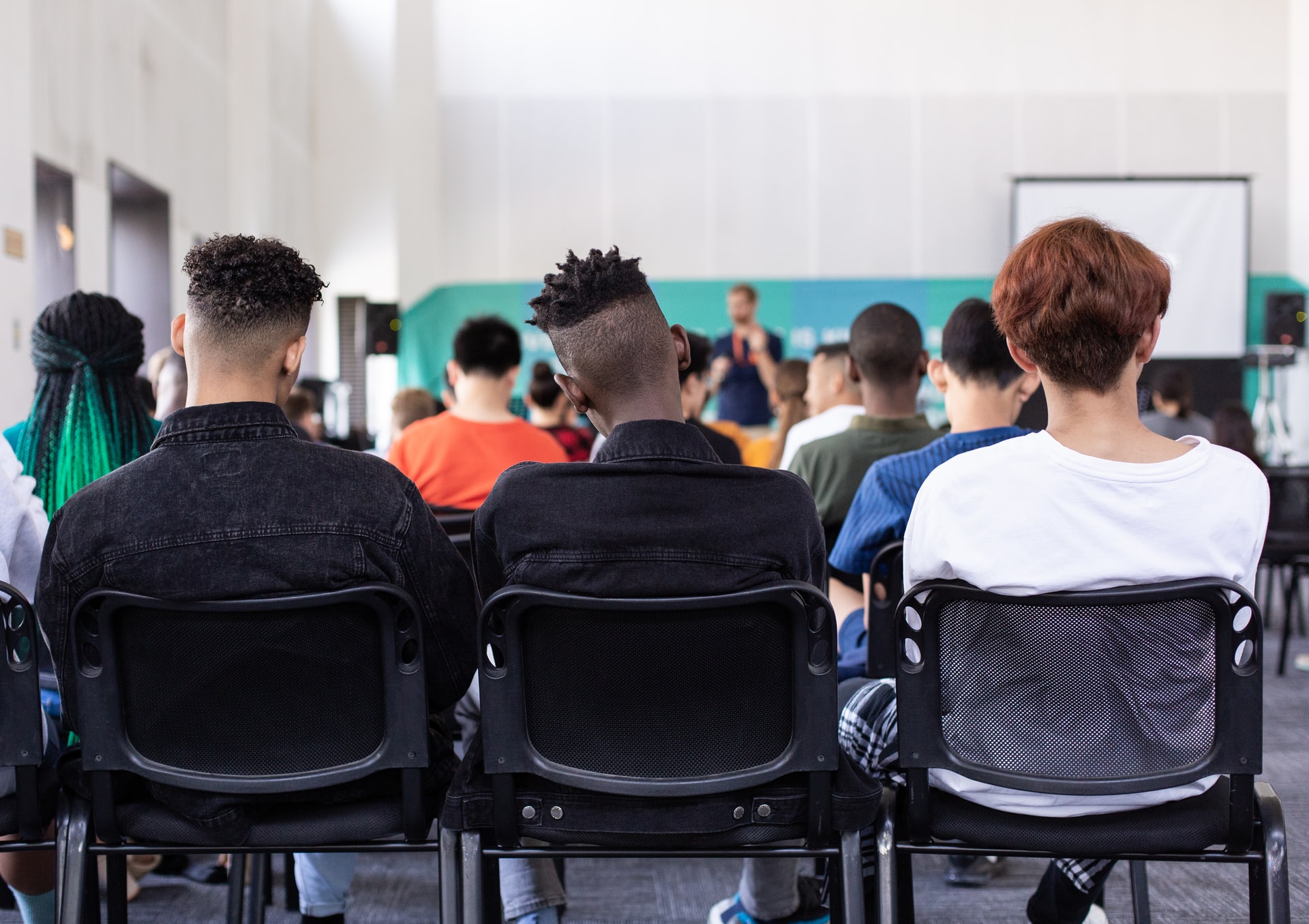
Credit: Sam Balye/Unsplash
Children with SEND
Children with special educational needs and disabilities (SEND) are up to five times more likely to be excluded from school. Most of the children we support have unmet SEND. Schools have a legal requirement to investigate whether disruptive behaviour may be the result of an unmet need, and to act on what they find, but too often this does not happen. Instead, many children we work with get caught up in an escalating series of sanctions, leading to permanent exclusion. A client for Just for Kids Law stated:
Someone like me who has Asperger’s syndrome can get really overwhelmed. People have meltdowns. They can be screaming or throwing stuff, but they’re not doing that to be horrible people. For me I usually shut down – and people didn’t understand that. When people kept pressuring me, that’s when I have outbursts. And I’m not trying to be bad but you’re trying to convince me that I am without understanding what’s going on.
One of the biggest drivers of these experiences is a lack of funding for specialist SEND support. This leaves schools unequipped to provide the kind of early help which would mean that many more children could thrive in mainstream school. However, the Government’s current SEND review is seeking to address this.

Credit: MChe Lee/Unsplash
Children who have been criminally exploited
There is also little understanding of child criminal exploitation amongst school decision-makers. Every year children are excluded from school because of behaviour that they’ve been forced into by those exploiting them. We see this reflected in many of our clients’ cases. A child who commits an offence because they are a victim of exploitation is rightly able to have those circumstances recognised as part of their defence in the criminal courts. There is no equivalent protection for children who face being excluded from school because they have been coerced in to doing something, for example, taking drugs into school, by their exploiter.
Once a child has been excluded from school, they are also at a much higher risk of being pulled further into criminal exploitation. There is a clear link between exclusion from school and entry into the youth justice system – eight out of 10 children in police custody have been excluded. One of our clients told us:
When someone gets kicked out of school [they are] pushed right into the groomers’ hands. There’s people out there looking to make a fast buck off someone’s child. If you’re not in school, what else are you doing? You’re going to be on the street with other people, other kids, that was my situation. When you push a child outside of school straight away someone’s going to find him. The groomer is going to buy them new trainers and other [gifts]. But it all comes at a price. They buy you things, then you owe them.

Credit: Elements5Digital/Unsplash
Children’s lack of rights in the exclusion system
The exclusions review process is flawed on many levels, meaning children’s access to justice is severely hindered. Children do not have their own right of appeal in the exclusions process and many of the children we work with tell us their voice was missing at all stages. In addition to this, the exclusions process is complicated, with very limited legal aid available, meaning that some of the children and parents we work with must argue cases (involving complex law principles) themselves.
The process is also inherently unfair and weighted in favour of the school. Even where an Independent Review Panel (IRP) has recommended that a school reinstate a pupil as part of the review process, governing bodies are not required to do so and many are likely to uphold their original decision. In 2019/20 schools only offered to reinstate pupils in 20% of the cases where an IRP recommended reinstatement. Prior to 2012, those reviewing an exclusion decision would have the power to direct a school to reinstate a pupil.
There is an urgent need to strengthen the rights of children throughout the exclusions process to ensure they are able to access their right to an education. Not having this right realised has a hugely detrimental impact on children both in the present and on their futures.
We are pleased to see that the Department for Education are finally consulting on new statutory guidance on exclusions and on behaviour after the important Timpson Review on exclusions in 2019 and will be working with the young people in our school exclusions campaign to hear their views about reforming the system.
We must put an end to unfair, unsafe and discriminatory exclusions to protect children’s right to a good education.
If you are a professional or community organisation looking for more information to support children and families through school exclusions, you can access the Just For Kids Law exclusions hub here.
The views expressed in this article are those of the author and do not necessarily reflect the views of EachOther.

